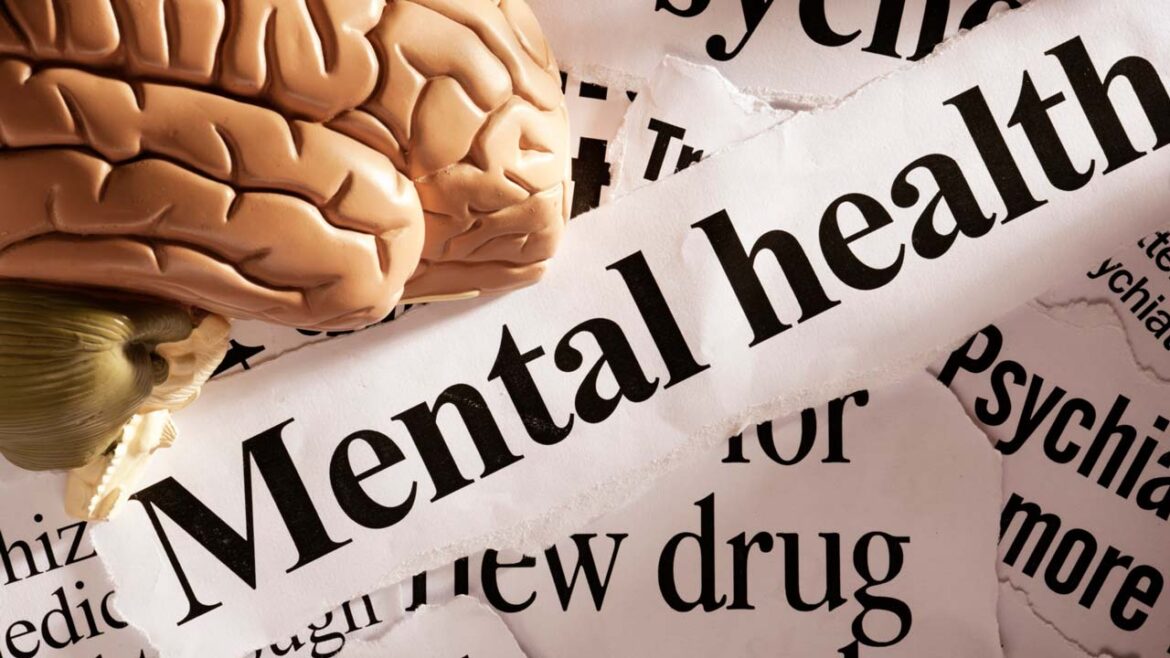By Asmau Ahmad
The National Coordinator of the National Mental Health Programme, Dr Tunde Ojo, on Monday, said the treatment gap in mental health cases is about 90 per cent.
He said this at a press briefing in commemoration of the 2023 World Suicide Prevention Day in Abuja, with the theme “Creating Hope Through Action.”
Every year, World Suicide Prevention Day is commemorated on September 10, to raise awareness that suicide is preventable.
According to the coordinator, the federal neuropsychiatry hospitals in the country have increased from eight to 10 in the last two years, and Nigeria has made progress in addressing suicide prevention and the mental well-being of the population.
“It is not just that they are not enough, but the truth is that that belongs to the past.
The mental health treatment gap in Nigeria is like 90 per cent. It means that for every 10 people who need mental health services, only one of them is able to get it because with the few services that are available and with the few human resources, the japa syndrome, all of them are in the cities, but the major part of our population are in the rural areas.
“Our approach going forward is the integration of mental health into existing programmes, and the primary health care level because that is closest to the people, and that is a public health and that is destigmatising it and taking it to the last mile, and that is what I believe is the direction that the government of the country is taking,” he said.
He said the new National Mental Health Act will facilitate access to mental health for Nigerians.
“The act mandates the ministry to have a suicide prevention strategy and of course, suicide is everybody’s business. Just like mental health is everybody’s business.
“And so, the suicide prevention strategic framework that we are working on will be finalised in the next couple of days, and we are going to validate that document. “We don’t want to bring a document to the public that has not been validated. There is a process that every document goes through finalisation and the last thing is the validation. That document is going to be validated this month.”
Ojo said the act could not address the decriminalisation of suicide because it is a criminal position in the law.
Also speaking, the Founder and President of the Mandate Health Empowerment Initiative, Ameh Abba, said CSOs are working towards creating more awareness and advocacy for suicide prevention in the country.
“We want to open up access and also increase the support that this particular population of persons will enjoy in Nigeria and that can be achieved by the integration of mental health services at the grassroots level,” he said.




